

Industry Standards and Regulatory Drivers for Car Seat Fatigue Testers
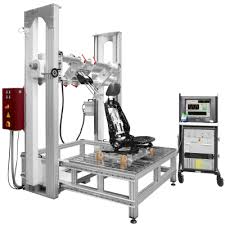
Shared Mobility and Customization Demands in Car Seat Fatigue Testing
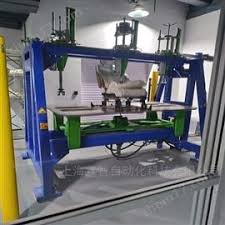
Innovations in Material Durability Assessment for Car Seat Fatigue Testers

Biomechanical Integration with Comfort in Car Seat Fatigue Testing

The Trend of Intelligence and Digitalization in Car Seat Frame Durability Testers
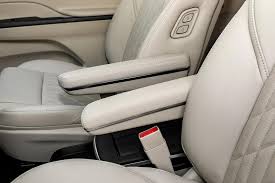
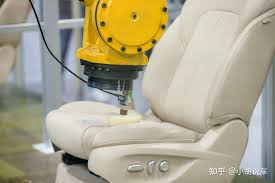
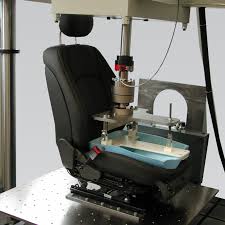
User Experience and Comfort Validation in Car Seat Center of Gravity Measurement Testers
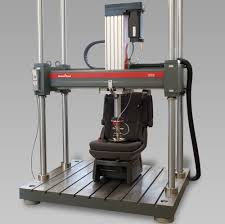
Environmental and Sustainability Considerations in Car Seat Center of Gravity Measurement Testers
Address:No.258 Ban Ting road, Song Jiang district, Shanghai
Tel:
Fax:021-67800179
Email:info@qinsun-lab.com